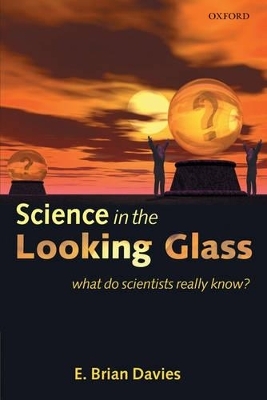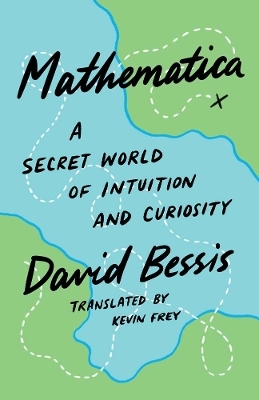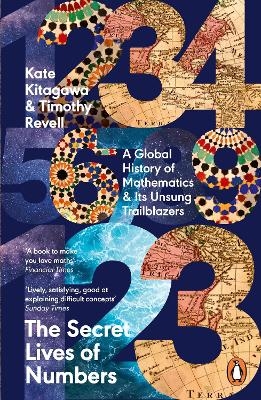
Science in the Looking Glass
What Do Scientists Really Know?
Seiten
2007
Oxford University Press (Verlag)
978-0-19-921918-6 (ISBN)
Oxford University Press (Verlag)
978-0-19-921918-6 (ISBN)
How do scientific conjectures become laws? Why do some laws turn out to be wrong? Why does proof mean different things in different sciences? Experience shows that disentangling scientific knowledge from opinion is harder than one might expect. Full of illuminating examples and quotations, this book brings alive issues at the heart of all science.
How do scientific conjectures become laws? Why does proof mean different things in different sciences? Do numbers exist, or were they invented? Why do some laws turn out to be wrong?
In this wide-ranging book, Brian Davies discusses the basis for scientists' claims to knowledge about the world. He looks at science historically, emphasizing not only the achievements of scientists from Galileo onwards, but also their mistakes. He rejects the claim that all scientific knowledge is provisional, by citing examples from chemistry, biology and geology. A major feature of the book is its defence of the view that mathematics was invented rather than discovered. While experience has shown that disentangling knowledge from opinion and aspiration is a hard task, this book provides a clear guide to the difficulties.
Full of illuminating examples and quotations, and with a scope ranging from psychology and evolution to quantum theory and mathematics, this book brings alive issues at the heart of all science.
How do scientific conjectures become laws? Why does proof mean different things in different sciences? Do numbers exist, or were they invented? Why do some laws turn out to be wrong?
In this wide-ranging book, Brian Davies discusses the basis for scientists' claims to knowledge about the world. He looks at science historically, emphasizing not only the achievements of scientists from Galileo onwards, but also their mistakes. He rejects the claim that all scientific knowledge is provisional, by citing examples from chemistry, biology and geology. A major feature of the book is its defence of the view that mathematics was invented rather than discovered. While experience has shown that disentangling knowledge from opinion and aspiration is a hard task, this book provides a clear guide to the difficulties.
Full of illuminating examples and quotations, and with a scope ranging from psychology and evolution to quantum theory and mathematics, this book brings alive issues at the heart of all science.
Professor E. B. Davies Department of Mathematics King's College London
1. Perception and Language ; 2. Theories of the Mind ; 3. Arithmetic ; 4. How Hard can Problems get? ; 5. Pure Mathematics ; 6. Mechanics and Astronomy ; 7. Probability and Quantum Theory ; 8. Is Evolution a Theory? ; 9. Against Reductionism ; 10. Some Final Thoughts
| Erscheint lt. Verlag | 28.7.2007 |
|---|---|
| Zusatzinfo | numerous halftones and line drawings |
| Verlagsort | Oxford |
| Sprache | englisch |
| Maße | 155 x 233 mm |
| Gewicht | 480 g |
| Themenwelt | Sachbuch/Ratgeber ► Natur / Technik |
| Mathematik / Informatik ► Mathematik ► Geschichte der Mathematik | |
| Naturwissenschaften ► Physik / Astronomie ► Allgemeines / Lexika | |
| ISBN-10 | 0-19-921918-4 / 0199219184 |
| ISBN-13 | 978-0-19-921918-6 / 9780199219186 |
| Zustand | Neuware |
| Haben Sie eine Frage zum Produkt? |
Mehr entdecken
aus dem Bereich
aus dem Bereich
a secret world of intuition and curiosity
Buch | Hardcover (2024)
Yale University Press (Verlag)
32,70 €
a global history of Mathematics & its Unsung Trailblazers
Buch | Softcover (2024)
Penguin Books Ltd (Verlag)
16,20 €
Das Jahrhundert, in dem die Mathematik sich neu erfand. 1870-1970
Buch | Hardcover (2022)
Heyne (Verlag)
22,00 €


